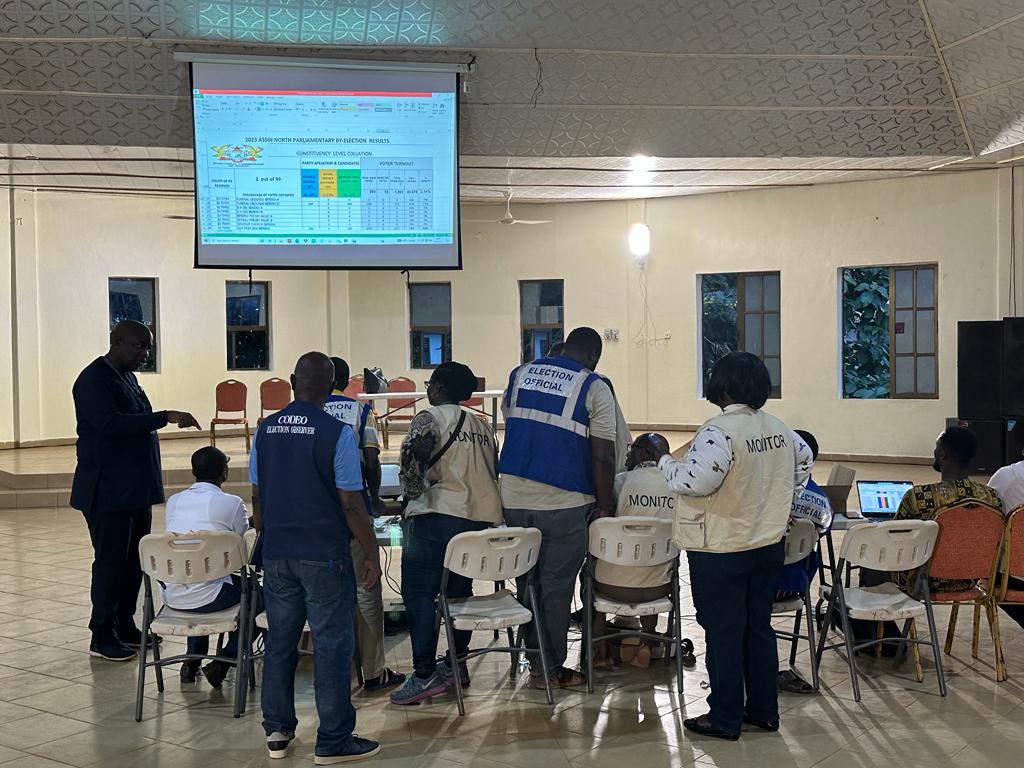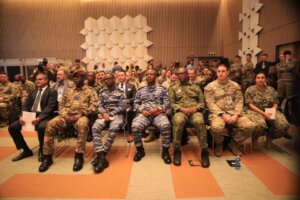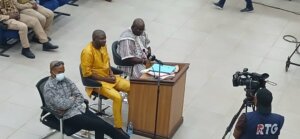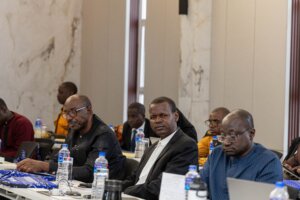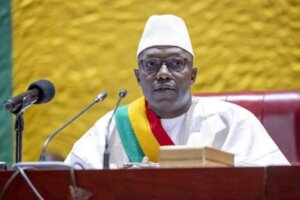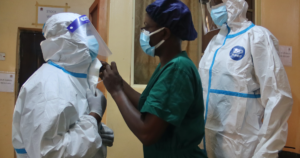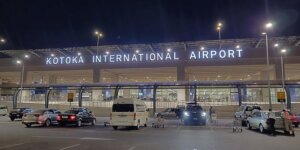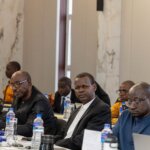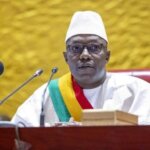Ghana’s Electoral Commission (EC) is facing significant backlash over its decision to limit media access to collation centers on election day, sparking concerns about transparency.
In a memo dated November 25, 2024, the EC Deputy Chairman in charge of Operations directed regional officials to restrict the number of media houses at collation centers to eight per constituency and twelve per regional center. The directive also excluded online and print media journalists from the process entirely.
Defending the move, Dr. Bossman Asare, EC Deputy Chairperson, stated it was intended to ensure a conducive environment for a smooth collation process. However, the decision has drawn criticism from several quarters, including the Media Foundation for West Africa (MFWA) and media practitioners, who have urged the commission to reconsider its stance.
In a press release dated November 27, 2024, the EC acknowledged receiving concerns from media partners about the quotas set for journalists.
To address the issue, the Commission announced ongoing engagements with the Ghana Journalists Association (GJA) and the Ghana Independent Broadcasters Association (GIBA). The EC expressed its commitment to transparency, ensuring access for media personnel at constituency, regional, and national collation centers, while balancing the need for orderly and peaceful processes.
The EC stated that the quotas were introduced to manage the number of individuals at collation centers at any given time, citing operational efficiency and security. However, the Commission is optimistic that consultations with media leadership will yield workable and acceptable outcomes.
Political scientist Dr. Asah Asante, in an interview with WADR, also supported calls for the EC to reverse the decision, emphasizing that such a move is “alien to the country’s electoral practice” and could undermine public trust in the election process
